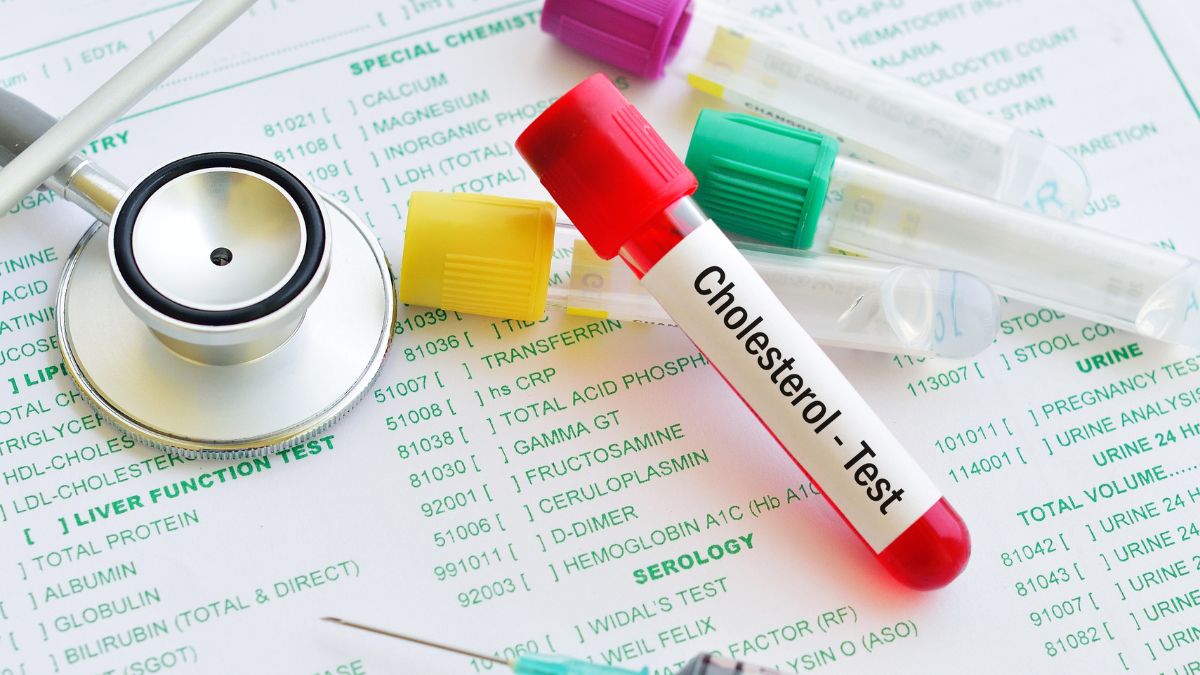
When it comes to health, men aren’t very proactive. A majority of them are reluctant about visiting a doctor in cases of major and minor health problems, such as aches, fever, heart problems, shortness of breath, and so on. So you must know the 5 must-have screening tests for men because It’s imperative for them to get regular medical check up’s and get themselves screened for some diseases that are more prevalent in men. The health screening tests aid men to identify the occurrence of some diseases right at the initial stage so that adequate steps can be taken to prevent or minimize them.
They say, “Prevention is better than cure,” so; early detection can lead to prevention and treatment that saves lives. Know about the screening tests which men must undergo to lead healthy lives in the long run.
Table of Contents
Blood Pressure Measurement

Do remember to get that inflatable cuff wrapped around your arm to detect high blood pressure, before linked complications, such as heart attack and stroke, ever occur. After the age of 20 years, every man should get his blood pressure checked. If the levels are normal, i.e. less than 120/80- then you should get it rechecked once in one or two years. If the readings are higher and stay at 140/90 mm Hg or above (systolic 140 or above OR diastolic 90 or above) over time, your health care provider or doctor will likely advise you to begin a treatment program. The first line of treatment for such a program mostly includes lifestyle changes and often prescription medication for those with readings of 140/90 or higher.
Cholesterol Test
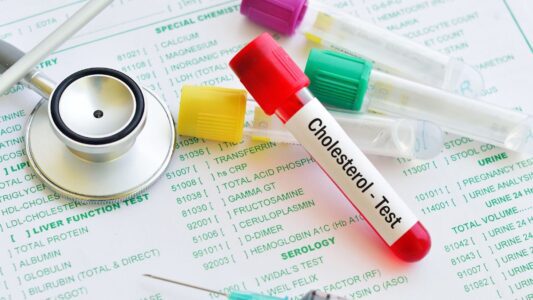
All men above the age of 20 should have their cholesterol levels checked every four to six years. A cholesterol blood test, including total cholesterol, LDL “bad” cholesterol, and HDL “good” cholesterol, can help to evaluate your risk of heart disease. Your test report will show your cholesterol levels in milligrams per deciliter of blood (mg/dL). Your total cholesterol and HDL (good) cholesterol are among numerous factors your doctor can use to predict your lifetime or 10-year risk for a heart attack or stroke.
Rectal Examination
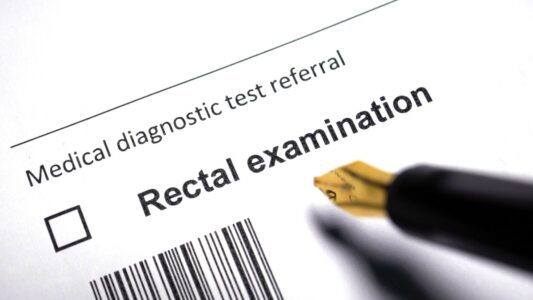
Men at age 50 should start talking to their doctor about screening for prostate cancer. That includes a rectal exam and a blood test called PSA (prostate-specific antigen test). However, if you’re at high risk for prostate cancer- black men and men with a family history of prostate cancer- it’s a good idea to begin screening at age 45.
Testicular Exam
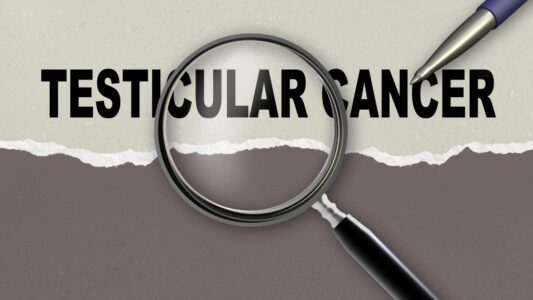
About 50-75 percent of men are screened for prostate, but only 30-35 percent are screened for colon cancer with a colonoscopy. Doctors use a variety of tests to detect growth (polyps) or cancerous lesions inside the colon. Screening typically begins at age 50 but may begin earlier if there is a family history of colon cancer. As per the recommendations of the American Cancer Society, men should have an annual stool test to look for blood – a sign of colon cancer.
Colonoscopy
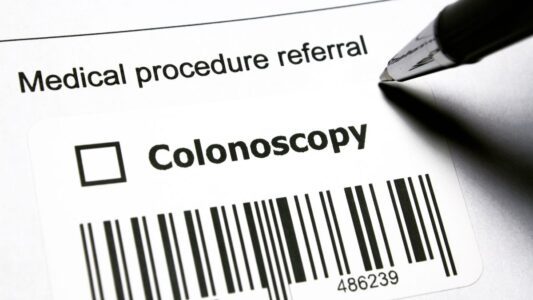
Young men between the ages of 15 and 40 should have a testicular exam. The risk of testicular cancer is lower after the age of 40. But men’s risk of prostate cancer goes up after 50.
Take charge of your health and talk to your doctor about the health screening tests that apply to you and when and how often you should be tested. Remember to reward yourself for every screening test you take up for the prevention or management of your disease condition. Make sure to keep a record of tests and their results, dates, and when you need the next test. These are the 5 Must-Have Screening Tests for Men















